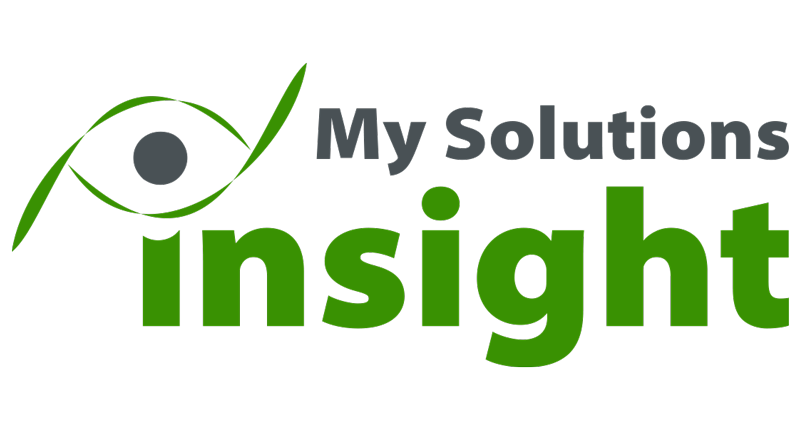Enhancing Billing Collections for an Eye Care Practice: Best Practices and Strategies
- Accurate and Timely Documentation:
Ensure that all patient information, including insurance details and demographics, are accurately recorded. This information is crucial for efficient billing processes. Timely documentation of services rendered, diagnoses, procedures, and any additional information related to the patient’s visit is essential for accurate claims submission.
- Verify Insurance Coverage:
Before each appointment, verify the patient’s insurance coverage and eligibility. This step helps avoid surprises for both the patient and the practice. Understanding the patient’s coverage allows the practice to accurately estimate the patient’s financial responsibility and set appropriate expectations regarding copayments, deductibles, or out-of-pocket expenses.
- Transparent Communication:
Clear and concise communication with patients regarding their financial responsibilities is vital. Explain the billing process, insurance coverage, and any out-of-pocket expenses upfront. Provide patients with written estimates of costs before major procedures or surgeries, ensuring they understand their financial obligations. Address any concerns or questions promptly to foster trust and prevent misunderstandings.
- Efficient Claims Submission:
Implement streamlined processes to submit claims accurately and promptly. Train staff members on coding accuracy and adherence to billing guidelines. Regularly update the practice’s coding and billing protocols to stay compliant with insurance requirements, ensuring fewer claim rejections and faster reimbursement.
- Embrace Technology:
Leverage technology to streamline billing and collections processes. Utilize electronic health record (EHR) systems with integrated billing modules to facilitate seamless claims submission and tracking. Automated systems can also help identify any coding errors, reducing claim denials and resubmission delays.
- Effective Denial Management:
Develop a systematic approach for handling claim denials promptly. Track and analyze denial patterns to identify root causes and implement corrective measures. Educate staff on common denial reasons and proper documentation techniques to minimize denials. Timely resubmission and proactive follow-up on denied claims increase the chances of successful reimbursement.
- Optimize Revenue Cycle Management:
An efficient revenue cycle management (RCM) system is crucial for maximizing collections. Regularly review key performance indicators (KPIs) such as accounts receivable aging, collection rates, and average reimbursement timeframes. Identify areas of improvement, implement strategies to reduce outstanding balances, and enhance overall billing efficiency.
- Offer Flexible Payment Options:
To facilitate timely payments, provide patients with flexible payment options. Offer online payment portals, accept multiple payment methods, and consider implementing automated payment plans or financing options. By accommodating patients’ financial circumstances, you increase the likelihood of prompt payment and reduce the risk of delinquent accounts.
- Train and Empower Staff:
Invest in training programs for staff members involved in the billing and collections process. Equip them with the knowledge of insurance guidelines, coding updates, and effective communication skills. Empower them to handle patient queries, negotiate payment arrangements, and resolve billing disputes professionally and amicably.
- Partner with a Medical Billing Service:
Consider outsourcing your billing and collections functions to a reputable medical billing service. Professional billing companies have expertise in navigating the complexities of insurance reimbursements, coding, and collections. They can streamline the billing process, optimize revenue cycle management, and alleviate administrative burdens, allowing the practice to focus on providing quality eye care.
By implementing these strategies, an eye care practice can enhance its billing collections, improve cash flow, and foster positive patient experiences. Accurate documentation, transparent communication, efficient claims submission, and effective denial management.


0 Comments